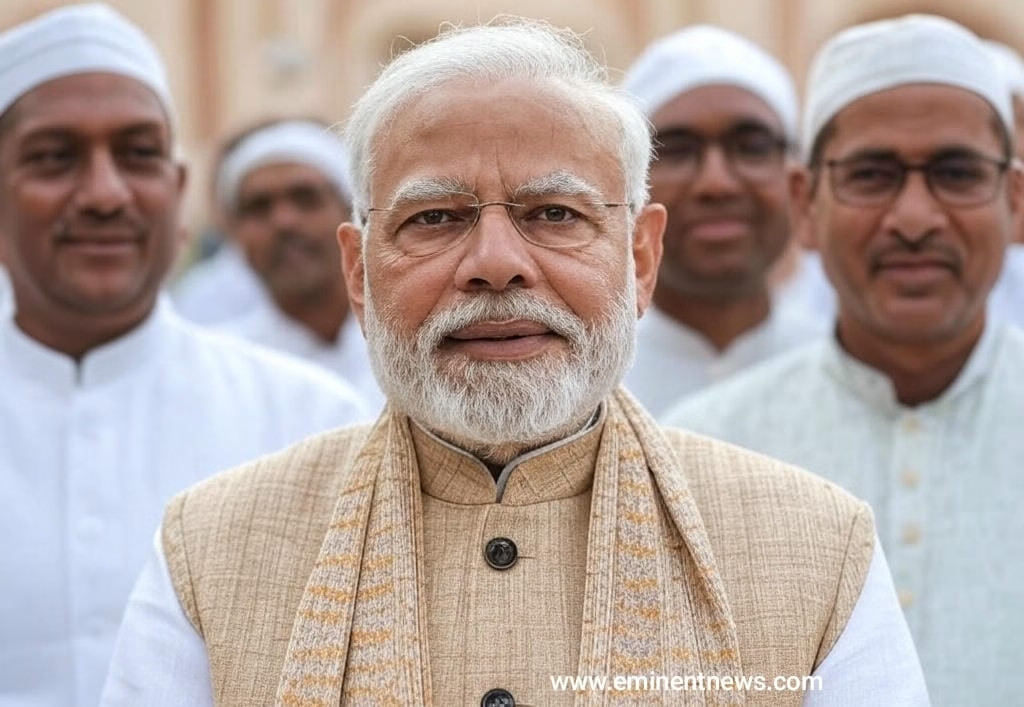The Waqf (Amendment) Bill, 2024, has sparked considerable controversy and protests in India, primarily from Muslim organizations and opposition parties . These groups argue that the bill infringes on the rights of Muslims and could lead to the government seizing control of Waqf properties . The government, however, asserts that the amendments aim to improve the management, transparency, and accountability of Waqf Boards and protect Waqf properties from mismanagement and encroachment .
Here’s a breakdown of the key issues:
- Concerns Raised by Muslim Organizations:
- Encroachment on Waqf Properties: Muslim organizations express concerns about the encroachment and illegal takeover of Waqf lands . They fear the bill could exacerbate these issues, potentially leading to the government seizing control of these properties .
- Appointment of Non-Muslim Members: Some proposed amendments include the appointment of non-Muslims as Waqf board members, which has been criticized as interference in the management of Muslim religious affairs .
- Loss of Autonomy: Critics argue that the bill could diminish the autonomy and control of Waqf boards over their properties, undermining the purpose of Waqf endowments .
- “Waqf by User” Provision: The bill seeks to remove the “waqf by user” provision, which allows a property to be treated as Waqf based on its long-term use for religious or charitable purposes .
- Government’s Perspective:
- Improved Transparency and Accountability: The government states that the amendments aim to bring transparency, accountability, and efficiency to the management of Waqf properties .
- Protection Against Mismanagement: The government claims the amendments will help streamline the declaration and regulation of Waqf properties, preventing mismanagement and encroachment .
- Protests and Opposition:
- All India Muslim Personal Law Board (AIMPLB): The AIMPLB and other Muslim organizations have staged protests against the bill, calling it an attack on Muslims and a direct threat to the secular structure of India .
- Political Opposition: Opposition parties, such as the Rashtriya Janata Dal (RJD), have joined the protests, asserting that the bill violates the Constitution and infringes on the rights of Muslims .
- State Legislative Assembly Resolutions: Some state legislative assemblies have passed resolutions opposing the bill, expressing concerns over its potential impact on Waqf properties and religious freedom .
- Historical Context:
- Waqf Properties in India: India has a large number of Waqf properties, estimated to be worth billions of dollars . These properties are intended for religious or charitable purposes, such as mosques, schools, graveyards, and orphanages .
- Mismanagement and Encroachments: Waqf properties have historically been plagued by mismanagement, encroachment, and illegal occupation . Critics argue that existing laws have not been effective in preventing these issues .
- Key Concerns and Debates:
- Constitutional Validity: Concerns have been raised about whether the bill is consistent with the constitutional rights of religious minorities .
- Impact on Ganga-Jamuni Culture: Some political leaders have accused the government of trying to undermine the “Ganga-Jamuni culture” (social harmony) of India through the Waqf bill .
- Government Control: The extent to which the government should have control over religious properties is a central point of contention .



























